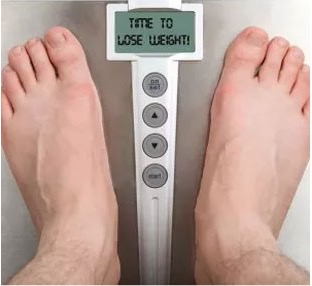Countless weight-loss strategies are available in the United States, but many are short-term and ineffective.
Many individuals who are struggling with obesity try various diet programs, over-the-counter medications, or herbal therapies.
However, less than 5% succeed in losing a significant amount of weight, and the majority regain the weight soon after stopping the program.
Diet and Exercise
A successful weight loss program requires the supervision of a healthcare professional who can create an individualized diet and exercise plan. FDA-approved medications can also be incorporated when appropriate to help with weight loss and maintenance.
Dietary modification and physical activity are the cornerstones of a successful weight loss program. A proper diet should restrict calorie intake while maintaining essential nutrition. A healthy eating plan is low in saturated fat, trans fat, cholesterol, salt, and added sugars. Generally, to lose 1 to 2 pounds per week, you should reduce your calorie intake by 500 to 1,000 calories per day. Women are typically encouraged to limit their daily calorie intake to 1,200-1,500 calories, while men are advised to restrict theirs to 1,500-1,800 calories per day.
Physical activity greatly increases your chances of long-term weight loss. It is a key component of any long-term weight management program, especially when considering weight-loss surgery. Calorie restriction alone can slow your metabolism, but daily physical activity can help boost it, aiding in weight loss and preventing weight regain over time. Exercising also offers numerous other benefits, including:
- Lowering your risk for heart disease, diabetes, and high blood pressure
- Strengthening your muscles and slowing bone loss
- Increasing your energy levels in the morning
- Helping you relax and better manage stress
- Improving your sleep quality
- Enhancing your concentration at work
- Providing a sense of well-being
Weight-Loss Medications
There are several oral and injectable medications currently available for weight loss treatment. We offer oral medications such as Phentermine, Topiramate, Contrave, and Rybelsus, as well as injectable options like Ozempic (Semaglutide) and Mounjaro (Tirzepatide) to assist with weight loss.
Weight-loss surgery, also known as bariatric surgery, is an option for some patients. However, it is usually not covered by health insurance unless the patient has tried at least six months of diet, exercise, and weight loss medication under the supervision of a certified healthcare professional.

